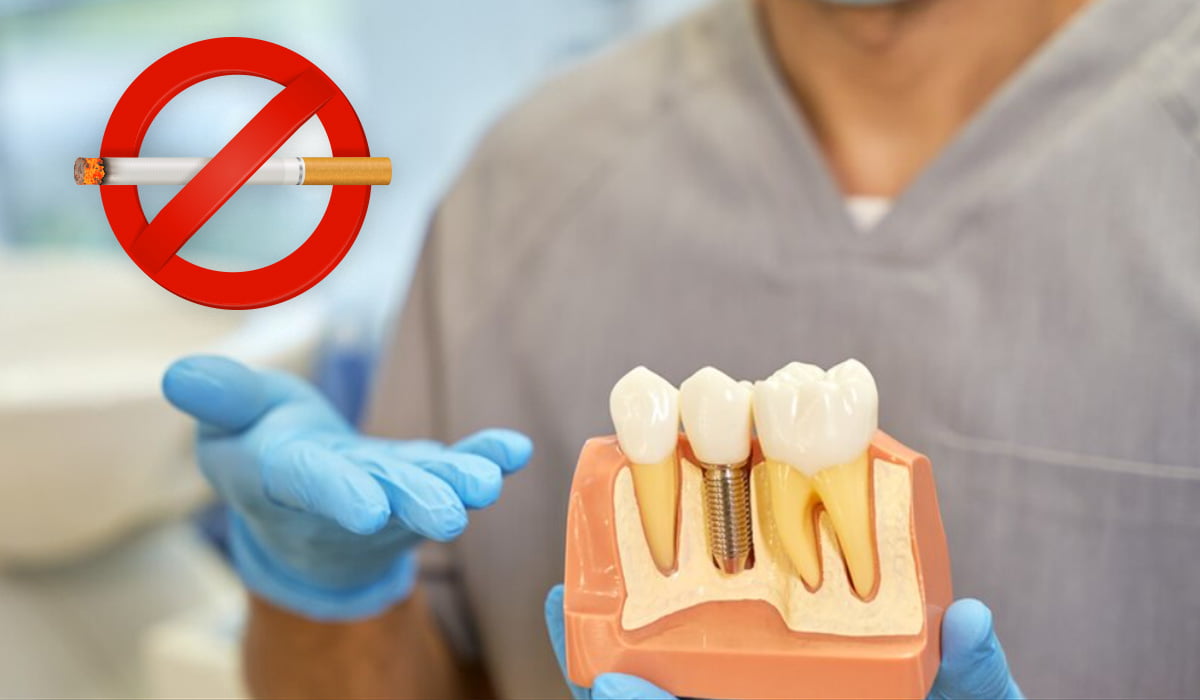Why Smoking is a Contraindication for Implant Patients – A Closer Look at Oral Health Risks

Why Smoking is a Contraindication for Implant Patients – A Closer Look at Oral Health Risks
Are you a chronic smoker considering dental implants? It’s time to delve into the crucial connection between smoking and the success of dental implant procedures. While dental implants have revolutionized modern dentistry, it’s important to understand that chronic smoking can significantly impact their long-term viability.
- The Healing Hurdle: Smoking is notorious for impeding the body’s natural healing processes. Dental implant success heavily relies on osseointegration, the fusion of the implant with the jawbone. Smoking introduces harmful chemicals into the bloodstream, hindering the body’s ability to heal efficiently and increasing the risk of delayed or incomplete osseointegration.
- Immune System Compromise: Smoking weakens the immune system, making the body more susceptible to infections. Dental implant surgery creates a vulnerable point in the oral cavity, and compromised immunity raises the likelihood of post-operative infections. Such infections can jeopardize the stability of the implant and pose serious risks to overall oral health.
- Blood Flow Blues: Adequate blood circulation is paramount for successful implant surgery. Smoking constricts blood vessels, diminishing blood flow to the gums and jawbone. This reduced blood supply can impede the delivery of essential nutrients and oxygen, hampering the healing process and increasing the chances of implant failure.
- Bone Density Dilemma: Chronic smoking has been linked to reduced bone density, particularly in the jaw. Since dental implants rely on a sturdy foundation provided by a healthy jawbone, smokers may face an increased risk of insufficient bone support. This lack of support can compromise the long-term stability of the implant.
- Gum Disease Gateway: Smoking is a notorious contributor to gum disease. Implant success is contingent on the health of surrounding tissues, and gum disease can erode the foundation necessary for implant stability. Chronic smokers are at an elevated risk of developing gum disease, posing a direct threat to the longevity of their dental implants.
In conclusion, the relationship between smoking and the success of dental implants is undeniable. If you’re a chronic smoker contemplating dental implant surgery, it’s crucial to recognize the potential challenges and risks. Prioritize your oral health by engaging in open conversations with your dental professional. Quitting smoking before implant surgery can significantly enhance the prospects of a successful outcome, ensuring that your investment in a healthier smile stands the test of time.










